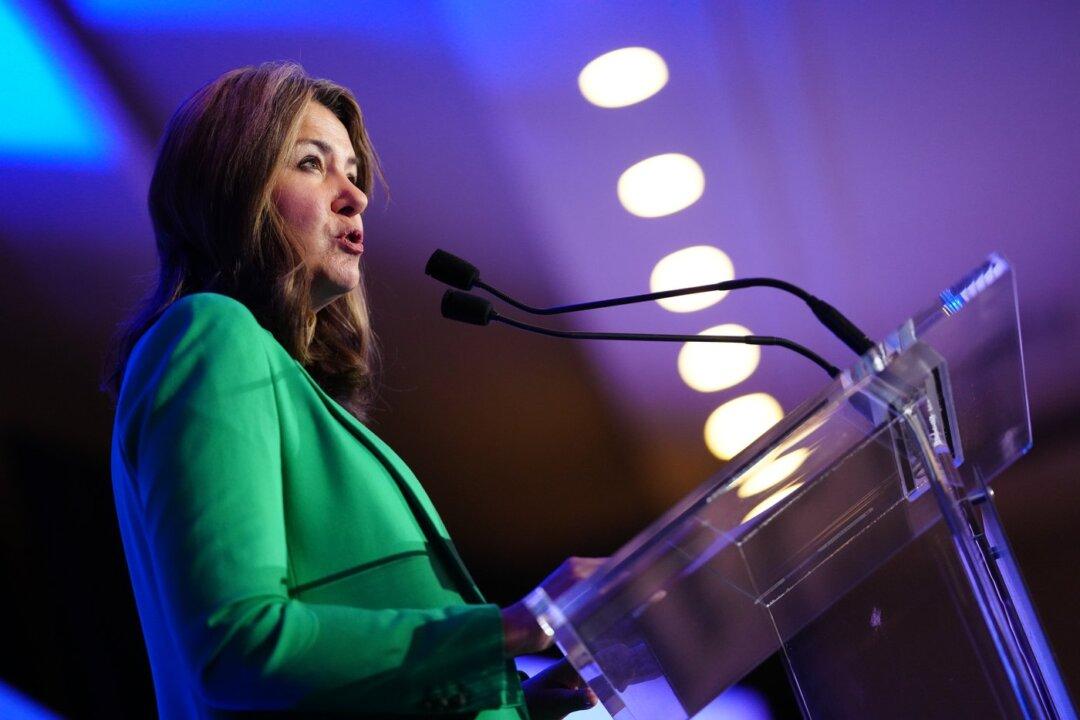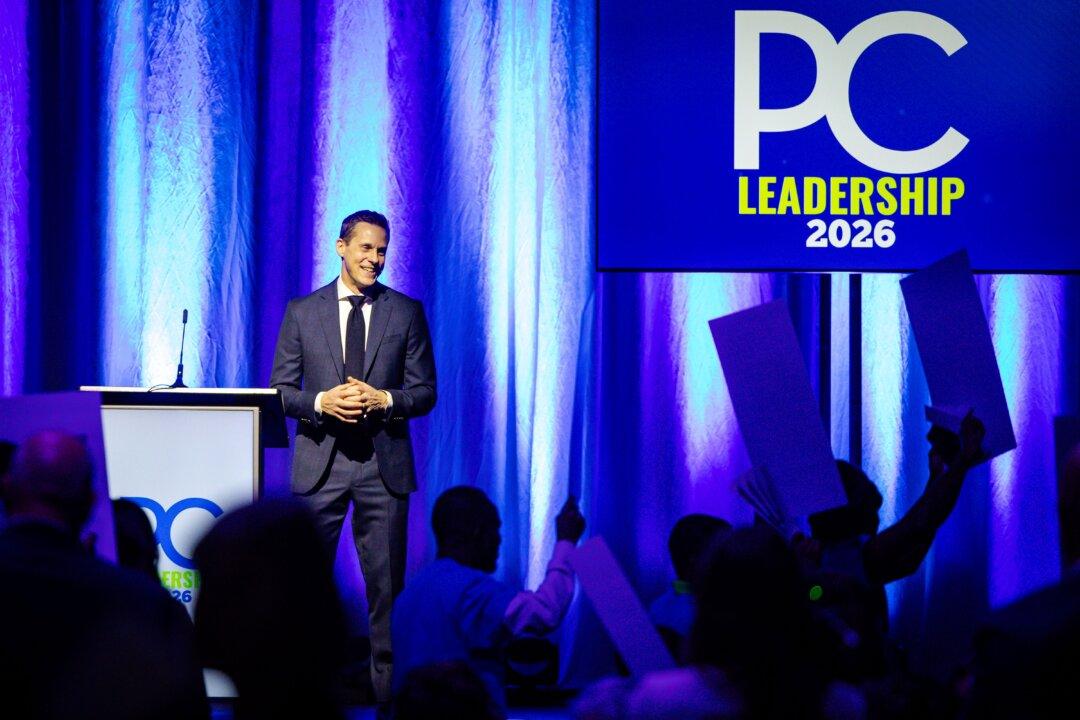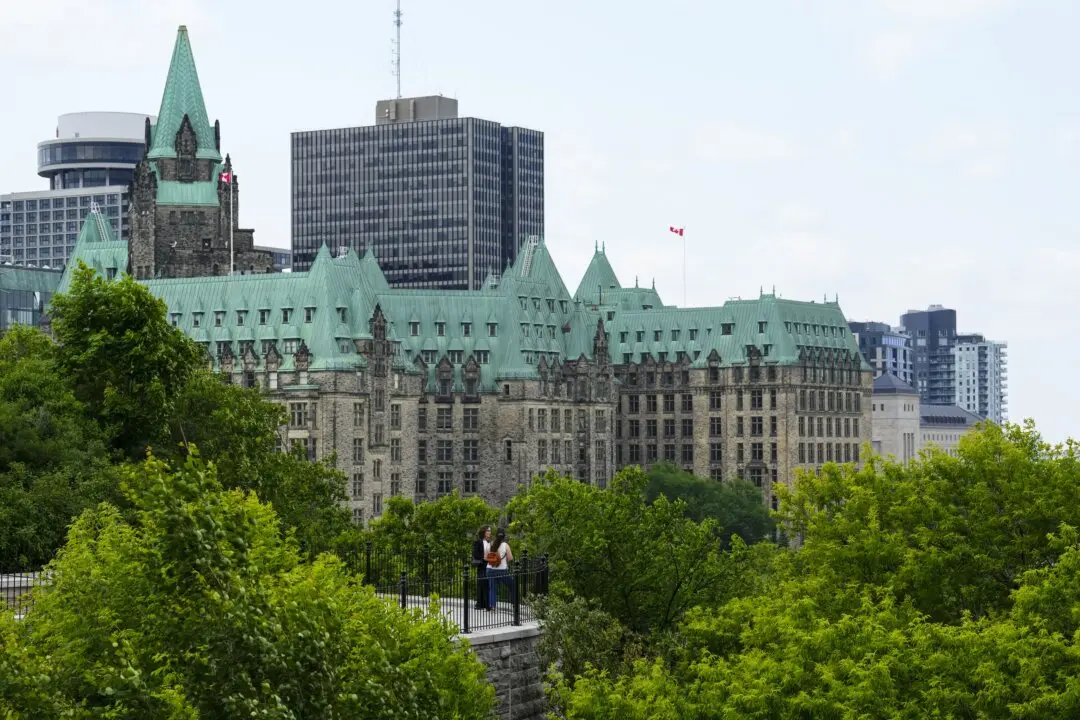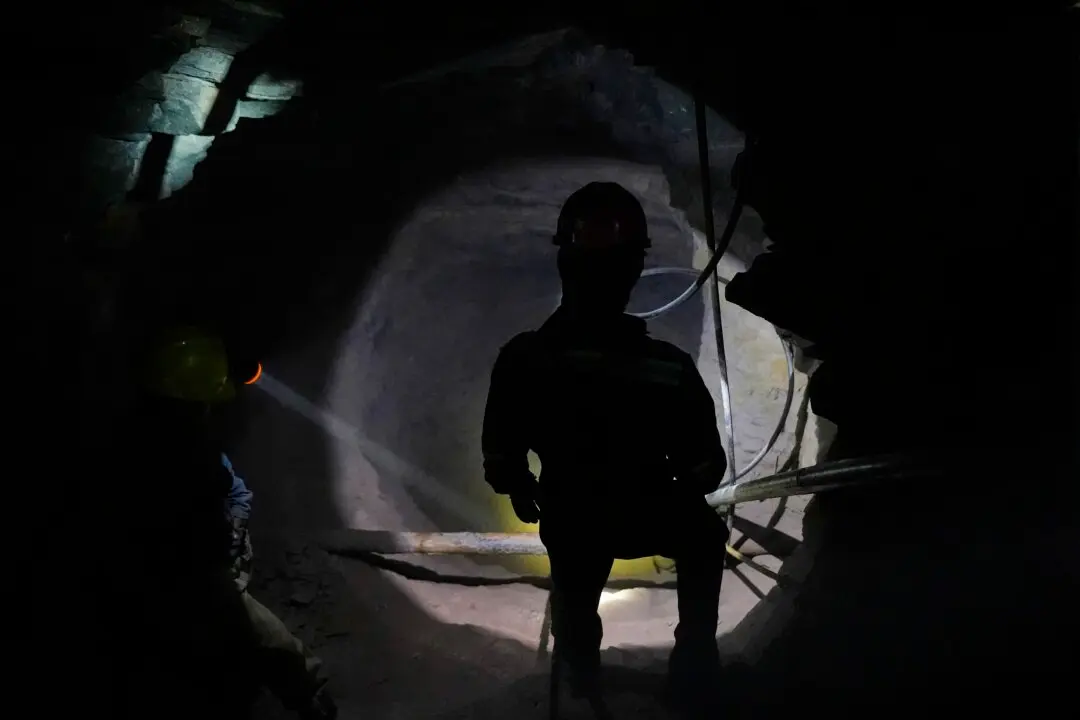Alberta Premier Danielle Smith says federal laws should be changed so the nation’s intelligence agency can share with the provinces important information about foreign interference.
International political meddling in Canada has received increased attention in the past two years with intelligence leaks in media about rampant attempts by Beijing to interfere in Canada’s elections and other affairs. Under pressure from opposition parties, the federal government has set up a commission to investigate. Intelligence documents tabled at the commission have said China is the most active foreign regime engaged in interference in Canada.





